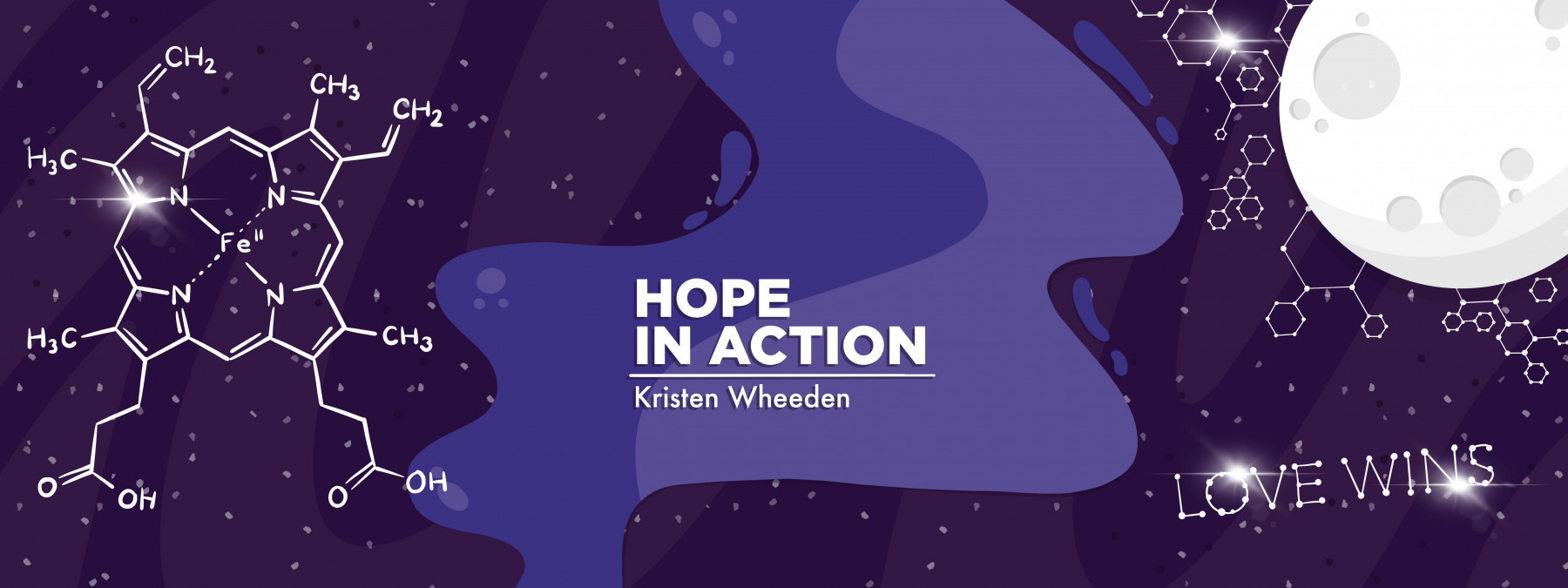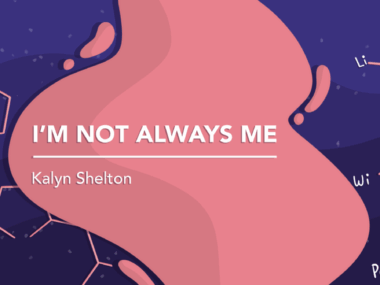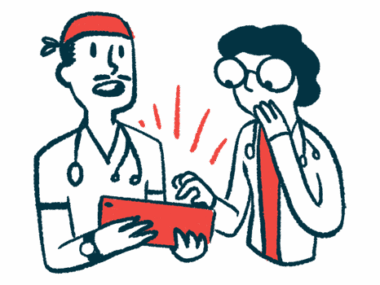Celebrating the zebras: Rare Disease Day and the power of advocacy
Rare Disease Day can be a symbol of hope, progress, and endless possibilities
Written by |

“Start where you are. Use what you have. Do what you can.”
The words of that popular quote, which has several variations, echo a powerful sentiment that resonates especially well within the rare disease community.
As we approach Rare Disease Day on Feb. 29, which falls on a leap day, we are reminded of the unexpected paths life can take.
It’s a day dedicated to our zebras, a metaphor inspired by the medical maxim, “When you hear hoofbeats, think of horses, not zebras.” In our community, it’s the zebras that capture our focus, representing the distinct paths followed by those with a rare condition.
Start where you are
My family’s rare adventure began when my youngest son, Brady, was diagnosed with erythropoietic protoporphyria (EPP). His condition transformed our understanding of “rare” into a deeply personal experience that taught us resilience and the importance of protecting him from the sunlight in ways we never imagined.
Rare Disease Day brings these lessons back to the forefront of our minds and reminds us of Brady’s journey, along with that of many others I’ve been blessed to support through professional advocacy.
Use what you have
Participating in a live event on Facebook with the National Institutes of Health (NIH) last week offered a unique opportunity for my advocacy efforts. I brought a bit of our community spirit to the event by wearing a zebra print sweater. To my amusement, the director of the National Center for Advancing Translational Sciences, Joni Rutter, appeared on screen with the same zebra pattern! This unexpected matching moment fostered a lighthearted connection that underscored our shared commitment.
The lively dialogue emphasized the critical role of caregivers in the rare disease community. We caregivers are also advocates who lend our voices so that those who may be struggling can be heard. This issue resonated deeply with me.
Advocacy goes beyond seeking treatments. It involves creating a knowledgeable support network, understanding the disease thoroughly, and most importantly, amplifying our voices to enact change. A fellow panelist’s spontaneous praise of my response was a gentle nudge, reminding me of the impact of our collective voices and the support we share.
We aim to provide a platform for those on the rare disease journey, connecting them with resources and support that often can be elusive. This path is fraught with uncertainties and challenges that demand resilience and hope from those who walk it.
The NIH event shed light on the urgent need for advancements in the rare disease field. With thousands of rare diseases that have only a small percentage of approved treatments, the imperative for action is clear. We need increased research, more treatments, and heightened awareness to close the gap.
Do what you can
Rare Disease Day transcends mere observance. It’s an opportunity to embrace our narratives and push for progress. Brady’s experience with EPP, marked by both hurdles and victories, reflects the resolve and determination that is emblematic of the rare disease community. Today, we honor not only Brady but also all of the other zebras out there, each with their own unique story, and each a symbol of hope and perseverance.
Here’s to the zebras, their caregivers, and to a future where every rare disease will find its path to treatment. Happy Rare Disease Day! Let’s celebrate our stories and the serendipitous connections they create. And let’s embrace the leap year as a symbol of hope, progress, and the endless possibilities that come from starting where we are, using what we have, and doing what we can.
Note: Porphyria News is strictly a news and information website about the disease. It does not provide medical advice, diagnosis, or treatment. This content is not intended to be a substitute for professional medical advice, diagnosis, or treatment. Always seek the advice of your physician or other qualified health provider with any questions you may have regarding a medical condition. Never disregard professional medical advice or delay in seeking it because of something you have read on this website. The opinions expressed in this column are not those of Porphyria News or its parent company, Bionews, and are intended to spark discussion about issues pertaining to porphyria.







Leave a comment
Fill in the required fields to post. Your email address will not be published.